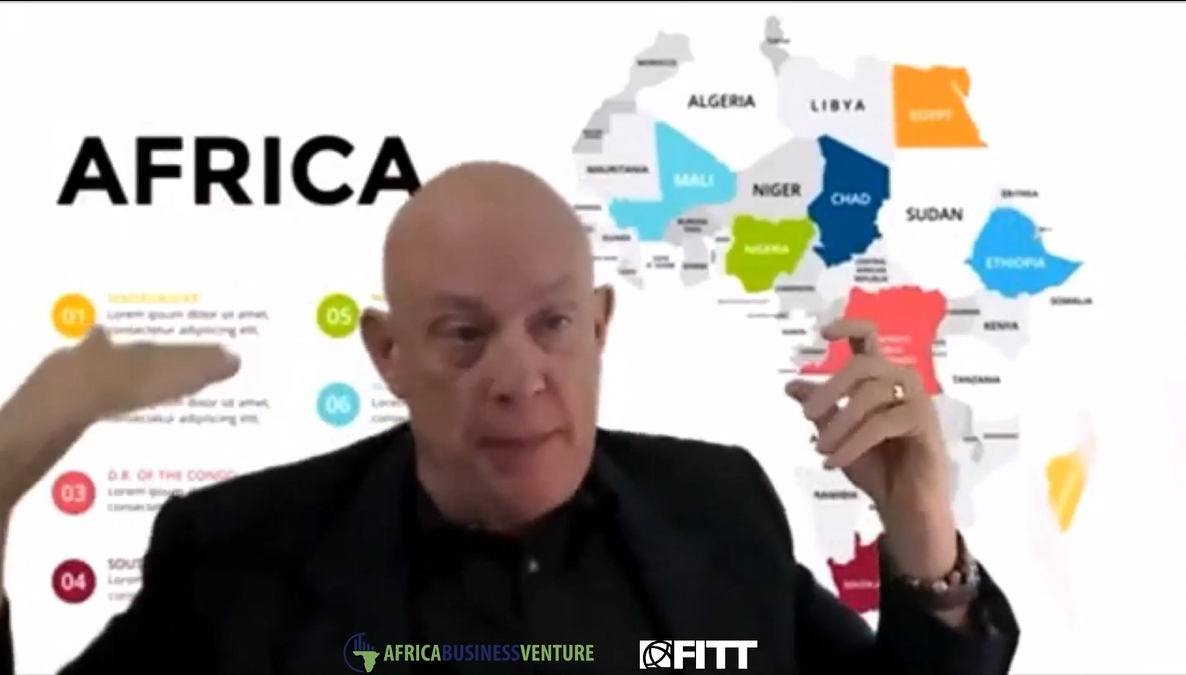
Yatarō Iwasaki started his business with three rented steamboats as a small, local trading company.
Accordingly, he named his company “three water chestnuts”, or better known in Japanese as “Mitsubishi.” More than 145 years later, it is one of the world’s biggest and most-well-known conglomerates.
But Iwasaki’s business activities were not all about the money. He strongly believed in Japan’s growth and welfare opportunities as the country opened itself up to the world, and especially to the United States (after the 1854 Convention of Kanagawa).
This growth and opening was an extreme change for the country, and ended 220 years of self-imposed national seclusion.
Take good care of the business and stay true to your vision
Besides this, Iwasaki used his business success to re-establish the honor and Samurai-status of his family. Years before, his grandfather had made the difficult, but necessary, decision to sell that status in order to cover existing debts.
The combination of honor and trade has a long tradition and can be found in many different cultures, as the examples of the German Fugger or the Italian Medici families show.
Both houses started with trading activities and later became even more respected because of their banking businesses. This natural development can also be found in today’s Mitsubishi conglomerate.
Knowing this history, it is understandable that Mitsubishi meant more than a source of income for Iwasaki. It also makes sense that this entrepreneur would ask his employees and successors to:
Take good care of the business and stay true to my vision.
Such wise advice continues to guide the company today, as well as the business philosophies behind some of today’s most well-known companies.
As I explained in my previous article, “How corruption spreads like a virus and what you can do to stop it from infecting your company,” losing discipline in production, and in all other aspects of business life, starting with low scale violations to internal guidelines, affects the long-term quality of production and project execution.
Never sacrifice the integrity of your products or services
Enzo Ferrari made his vision clear:
What we do here is elite work.
Ferrari lived discipline throughout his life.
Into his old age he never gave up this value – even if it meant the termination of key employees, including engineers and race-car drivers, who violated verbal or written guidelines.
All of these cases had only temporary effects. But, in the long run, the company became even stronger through these difficult decisions. Additionally, basing employee development on performance gave two young, inexperienced engineers the motivation and opportunity to design one of the company’s most iconic creations: the 1962 Ferrari GTO.
Don’t fear failure, enable growth
Twice, General Electric employees won the Nobel Prize – the first went to Irving Langmuir for Chemistry in 1932, and second to Ivar Giaever for Physics in 1973 by. This was by no means an accident.
One of the company’s co-founders had been the famous inventor Thomas Alva Edison. Besides his scientific reputation, he always had an interest in capitalizing on his discoveries. This resulted in 1,093 patents in his name.
One of Edison’s credos had been:
I have not failed. I’ve just found 10,000 ways that won’t work.
If we agree that this motto is not only valid for technical inventors, but also for managers and all other employees, it sets a positive corporate culture that allows employees the possibility of failure – and the opportunity to learn from it.
Many examples show that an atmosphere where employees are more afraid to fail than they are motivated to win leads to a downturn of the whole organization.
Edison shared one value with all the aforementioned entrepreneurs – respect. He had respect not only for employees, society and clients, but also for his competitors. The most well-known of his competitors was Werner von Siemens, as General Electric and Siemens competed in many sectors against each other.
Nevertheless, both had a mutual respect for each other. In 1889, von Siemens had even invited the Edison Family to visit him in Germany and stay at his private house. There had been healthy competition but, based on this friendship, the two companies also cooperated in matters of mutual benefit.
Take long-term sustainability over short-term profits
By saying “I won’t sell the future for short-term profit”, von Siemens defined a concept that much later would become known as “sustainability.” A hardworking man, he knew that success did not come overnight.
He also believed that short-term actions without a long-term strategy can bring even a healthy organization down. It is an omnipresent risk, as managers tend to overestimate opportunities and underestimate risks.
Sustainability covers three parts: the proper long-term development of environment, society and business. In other words, sustainability is the maximization of profit over the long-term.
With these few examples, it’s clear that a company’s founder – even 100 years later – still has a tremendous impact on the company’s perception and its culture. So it is no surprise that these companies present their founders prominently on their websites and/or dedicate whole museums in their honor.
A company is more than just about earnings; it is the dream and vision of its leaders and employees. We have to take good care of it.








disqus comments